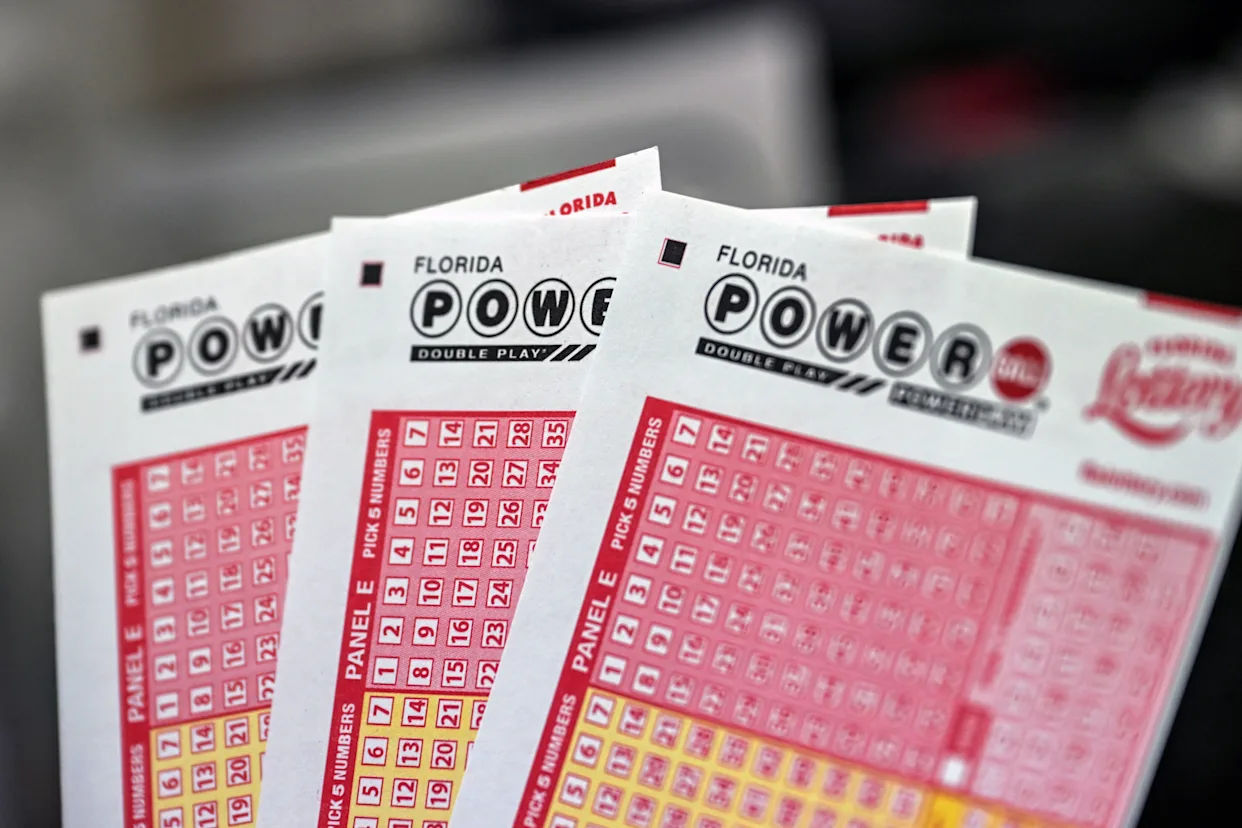
In a country with 380,000 inhabitants, any citizen who collects 1,500 signatures can run for president.
REYKJAVÍK: On Saturday, Iceland will elect its new head of state in a presidential election that is expected to be a close race between three women, including former Prime Minister Katrín Jakobsdóttir.
The Icelandic president, in this Nordic parliamentary republic, has a primarily ceremonial role, serving as the guarantor of the constitution and national unity. However, the president does have the power to veto legislation or refer it to a referendum. The president is elected by direct vote for a four-year term, with no limit on the number of terms.
In this country of 380,000 people, any citizen who gathers 1,500 signatures can run for president. The highly popular Icelandic President Guðni Jóhannesson, who has been in office since 2016 and was re-elected in 2020 with 92% of the vote, announced earlier this year that he would not seek another term.
The election campaign, in which candidates traditionally run as independents without party affiliation, has not been dominated by any central theme. Voters will choose from among 13 candidates.
Women Leading in Polls Katrín (48), who headed a left-right coalition government from 2017 until April, when she stepped down to run for president, has had to defend herself against criticism that she is too political for the role.
Katrín and the other two leading women
Halla Tómasdóttir and Halla Hrund Logadóttir—are leading in public opinion polls. Halla Tómasdóttir is a 55-year-old businesswoman who placed second in the 2016 presidential election, while Halla Hrund Logadóttir is a 43-year-old expert in environmental issues, the Arctic, and energy, currently serving as an assistant professor at Harvard University in the United States.
According to a poll published on Friday in the Morgunblaðið newspaper, Katrín leads with 26%, closely followed by Halla Tómasdóttir with 24%, and Halla Hrund Logadóttir with 19%. The election results are expected in the early hours of Sunday.
Iceland has previously had a woman as president; in 1980, Vigdís Finnbogadóttir became the first woman in the world to be democratically elected as head of state. She won the subsequent elections in 1984, 1988, and 1992.


